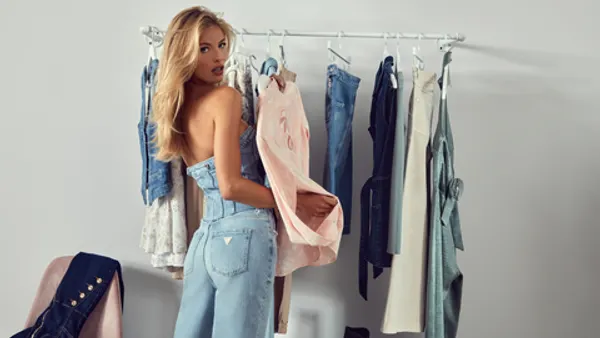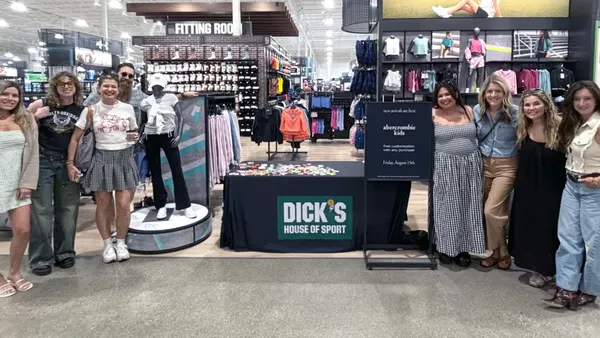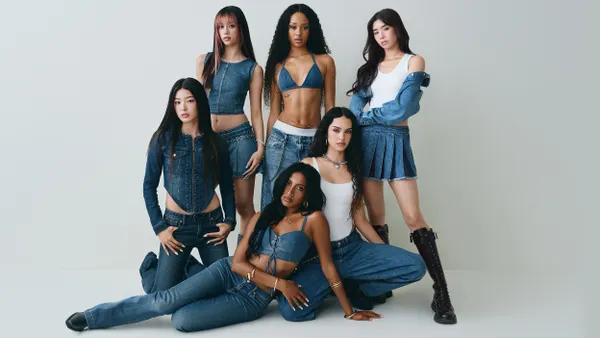Brands claiming trademark infringement usually rely on the idea that consumers will be tricked into thinking a lookalike is the real thing. In a twist, Lululemon, in a lawsuit filed in federal court last week against Costco, acknowledges a dupe culture that unabashedly embraces copycats.
“Given the success of Plaintiffs’ products, some companies have replicated or copied Plaintiffs’ proprietary apparel designs to create what are colloquially known in the fashion world as ‘knockoffs’ or ‘dupes,’” the brand argues, according to documents from the case. “There is even a hashtag ‘LululemonDupes’ on social media platforms such as TikTok that social media influencers use when promoting these copycat products.”
This is still bad for Lululemon, the brand argues, in part because people are led to believe that the copied designs are as good as the originals. In court documents, the brand cites a style story from The Washington Post, “Is That Hoodie a Lululemon or a Costco Dupe? No One Has to Know But You.”
Influencers who evaluate whether a dupe has potential are often up front about any shortcomings compared to the original, however. For them and their followers, significantly lower price points can justify some compromise on quality or choice.
The consideration of private label products has radically transformed, especially on items where demand is elastic, according to First Insight CEO Greg Petro.
“Consumers are prepared for private brand. They're ready. They're open to it,” he said by phone, citing the firm’s recent research. “And the reason is very simple: They're looking at something called a value quotient on a product — is the quality, experience and price related in a way that makes it valuable for them to transact with you.”
In its lawsuit, the athleisure brand also points out a potential issue specific to Costco, which is that many of the warehouse club’s shoppers understand that some items in its private label Kirkland line are from name-brand manufacturers.
“This source ambiguity preconditions at least some consumers into believing that private label, Kirkland-branded dupes are in fact manufactured by the authentic supplier of the ‘original’ products,” Lululemon said.
Costco didn’t immediately return a request for comment for this story.
As Petro notes, however, these days more people are gravitating toward private labels, including knockoffs, and fewer people care about who knows that they’re not originals. Nearly 45% of consumers and 70% of those earning $150,000 or more a year “say they’re more likely to try private label if it’s marketed as a dupe of a high-end product,” First Insight found.
Lululemon has called for a jury trial at the U.S. District Court for the Central California and demanded an injunction against making, selling and marketing what it calls the infringing products (which include men’s and women’s garments), plus damages and attorney fees.
Unfortunately for Lululemon, though, dupes of its bestsellers are hardly limited to Costco. There are countless posts and magazine articles appraising #Lululemondupes from Amazon, Walmart, Target and elsewhere.














